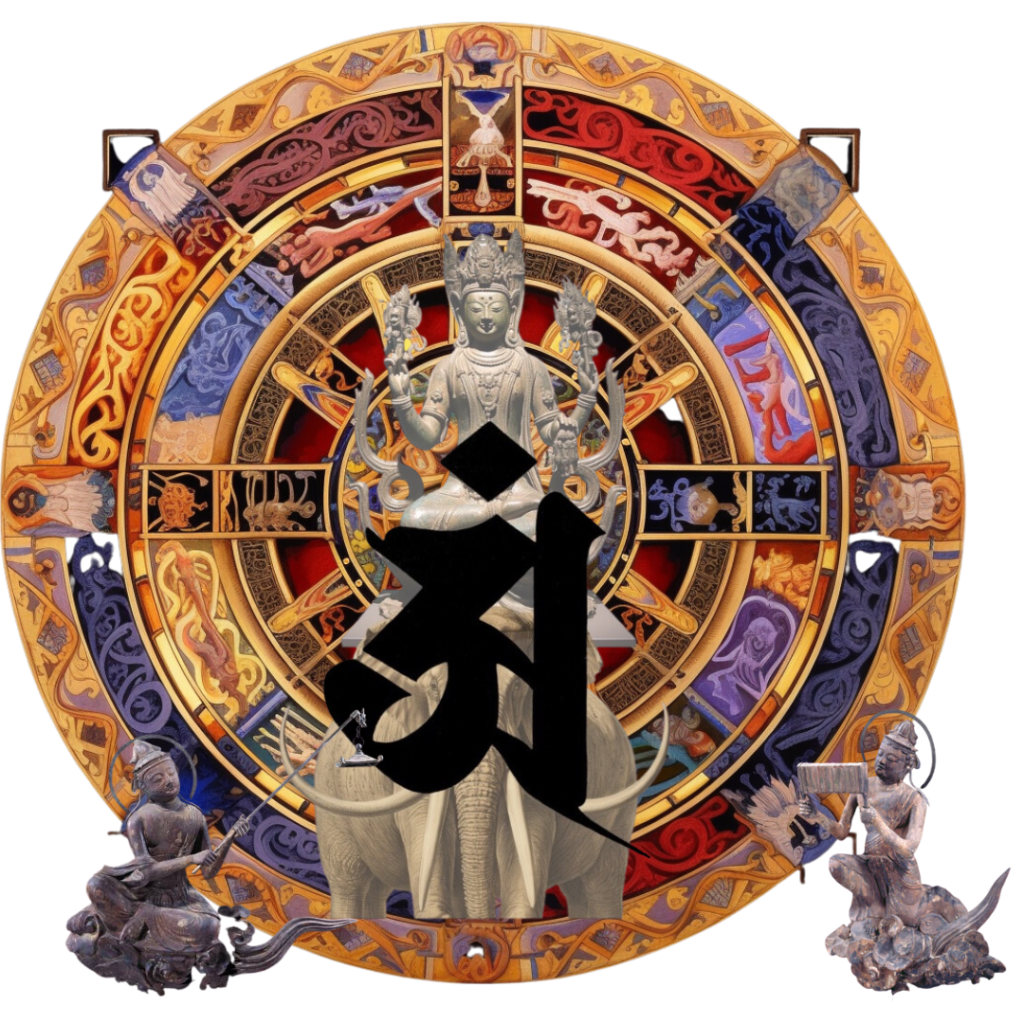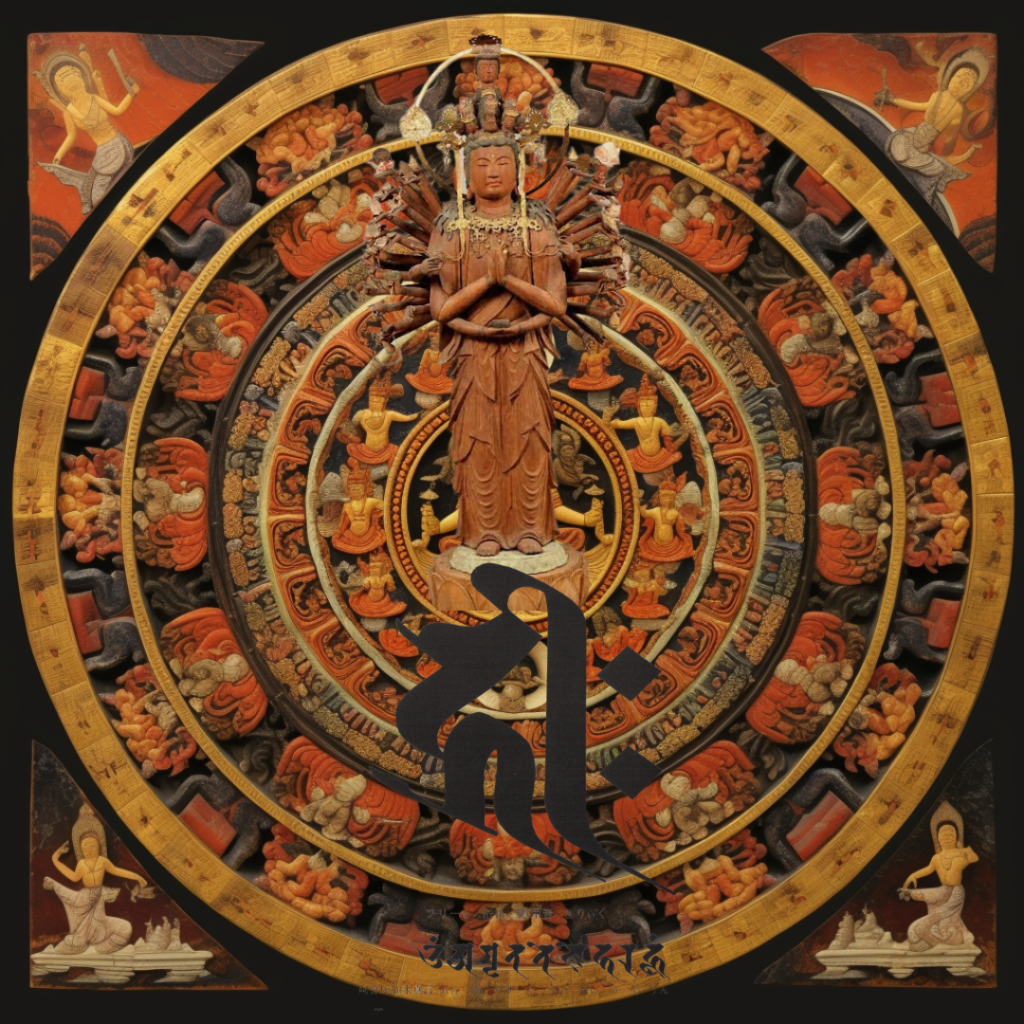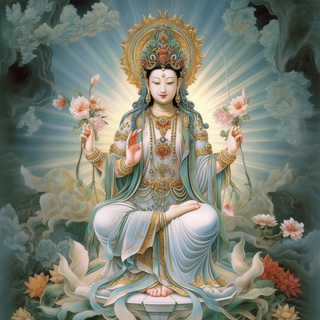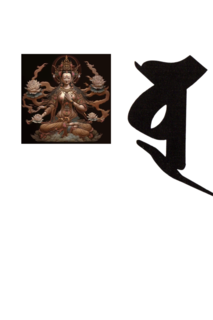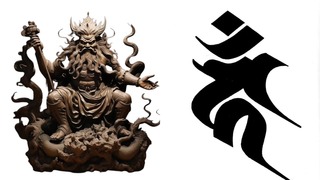The center of Buddhism is not a god but a human being called Gautama Siddhartha. According to Buddhist tradition, Gautama was a prince of a small kingdom in the Himalayas around 550 BC. When he was young, the prince was deeply worried about the suffering he saw everywhere around him. He sees both young and old men and women suffering not only from casualties like war and famine, but also from things like anxiety, discouragement, and frustration that seem to be inseparable from human circumstances. did. People pursue wealth and power, gain knowledge and property, have sons and daughters, build houses and palaces. Nevertheless, I am never satisfied with what I can accomplish. Those who live poorly dream of wealth. Those who have enormous wealth want twice that. If double is available, I want 10 times. Even rich and renowned people are rarely satisfied. They are always engulfed by anxiety and anxiety. Everything that people accumulate and pile up disappears like smoke. Life is a meaningless, silly and intense survival competition. But how can you get out of it? When Gatama was 29 years old, she left the family and her assets and left the royal palace in the middle of the night. As a wanderer who has no place to live, he walked around northern India and looked for ways to escape suffering. Despite visiting the academy several times and asking for the teachings of the saints, they could not be completely liberated. There was always some dissatisfaction. But he was not despaired. I decided to scrutinize the suffering on my own until I found a way to get rid of it completely. He meditate on the nature, causes, and salvation of human suffering for six years. Finally, I realized that suffering was not caused by bad luck, social injustice, or the whim of God. The suffering came from the style of the behavior of the person's heart. Gautama realized that no matter what the heart experiences, it responds with thirst, and thirst is always frustrated. When the mind experiences an unpleasant thing, it loves to get rid of that unpleasant thing. If you experience something pleasant, you will love that it will last and strengthen. Therefore, the heart does not know that it is always satisfied and is restless. This becomes very obvious when you experience something uncomfortable like pain. As long as the pain continues, we are dissatisfied and try to get rid of the pain. But we are never satisfied even when we experience something pleasant. He fears that the pleasure will disappear, or wants the pleasure to increase. People have been dreaming for years to find loved ones, but are rarely satisfied when they find them. Some people are worried that they will not leave, while others feel that they have been good with the other person and regret that they could find a better person. As is well known, some people feel anxious and regret. The great gods make it rain, the social institutions provide justice and medical care, and some people are lucky enough to be rich, but none of them is our basic mental pattern Cannot be changed. Therefore, no matter how great the king is, he is worried, constantly escaping from sadness and suffering, and pursuing greater joy forever. Gautama discovered that there is a way to get out of this vicious circle. When the heart experiences something pleasant or unpleasant, it continues to feel joyless. The law is to experience the reality as it is. This law, known as “Dharma”, is viewed by Buddhists as a universal law of nature. This law that "suffering comes from thirst" is exactly the same as in modern physics, and is always right everywhere. Buddhists are people who believe in this law and support it for all their activities. On the other hand, faith in God is not so important to them. The first principle of monotheism is "God exists. What does God want me to do?" On the other hand, the first principle of Buddhism is "There is suffering. How do you escape from it?" Buddhism does not deny the existence of gods (the gods are described as powerful beings that can bring rain and victory), but has no influence on the law that suffering arises from romance. If a person's heart is free from any kind of lust, no god can afflict him. Conversely, once a person's heart is thirsty, even if all the gods in the universe are together, that person cannot be saved from suffering. However, very similar to monotheism, religions of pre-modern natural laws, such as Buddhism, did not completely abandon the worship of the gods. Buddhism urged people to aim for the ultimate destination of complete liberation from suffering, rather than on the way, such as economic prosperity and political power. However, ninety-nine percent of Buddhists did not reach the precincts of the nephew, and even if they wanted to reach it sometime in the next world, they dedicated most of their life to achieving mediocre goals. So they continued to worship various gods, such as Hindu gods in India, Bonn gods in Tibet, and Shinto gods in Japan. In addition, over time, some Buddhist denominations are to save the countless beings who are human beings who have the ability to accomplish the wandering, or who are non-human beings, but still in the ring of distress I refrain from releasing it from resentment. Instead of worshiping the gods, many Buddhists began to worship these enlightened Buddhas and spears and began to pray not only to enter the spear but also to help deal with the problems of the world. . So, in East Asia, spend time to rain, control plague, and even win bloody wars in exchange for prayers, colorful flowers, rich incense, rice and sweets offerings. There are many Buddhas and buds to spend. Human worship The past 300 years are often described as the era of the rise of secularism as religion gradually loses its importance. If you are referring to a theistic religion, it is generally correct. But taking into account the religion of the laws of nature, modernity is an era of intense religious passion, unprecedented missionary work, and the most brutal war in history. Many modern religions such as liberalism, communism, capitalism, nationalism, and Nazism have emerged in modern times. These principles do not like to be called religion and call themselves ideology. But this is just a twilight of words. If religion was a system of human norms and values based on the superhuman order belief.
仏教の中心的存在は神ではなくゴータマ・シッダールタという人間だ。仏教の伝承によると、ゴータマは紀元前五〇〇年ごろの、ヒマラヤの小王国の王子だったという。若いころこの王子は自分の周りの至る所で見られる苦しみに深く心を悩ませた。彼は老若男女がみな、戦争や飢饉のような折々の災難ばかりではなく、不安や落胆、欲求不満といった、すべて人間の境遇とは切り離しようのなさそうなものにも苦しんでいるのを目にした。人々は富や権力を追い求め、知識や財産を獲得し、息子や娘をもうけ、家や御殿を建てる。それなのに、何を成し遂げようと、けっして満足しない。貧しい暮らしを送る者は富を夢見る。巨万の富を持っている者はその倍を欲しがる。倍が手に入れば一〇倍を欲しがる。金持ちで高名な人さえ、満足していることは珍しい。彼らもたえず不安や心配につきまとわれ、挙句の果てに病気や老齢、死によってそれに終止符を打つ。人が蓄え、積み上げたものはすべて、煙のように消えてなくなる。人生は意味のない、愚かで激しい生存競争だ。だが、どうすればそこから抜け出せるのか? ゴータマは二九歳のとき家族も財産も後に残して、夜中に王宮を抜け出した。住む場所もない放浪者としてインド北部を歩き回り、苦しみから逃れる方法を探した。修行所をいくつも訪ね、聖者の教えを乞うたものの、完全には解脱できなかった。つねに何かしら不満が残るのだった。だが彼は絶望しなかった。完全な解脱の方法を見つけるまで、苦しみについて独自に吟味することを決心した。そして、人間の苦悩の本質や原因、救済について六年にわたって瞑想した。そしてついに、苦しみは不運や社会的不正義、神の気まぐれによって生じるのではないことを悟った。苦しみは本人の心の振る舞いの様式から生じるのだった。 心はたとえ何を経験しようとも、渇愛をもってそれに応じ、渇愛はつねに不満を伴うというのがゴータマの悟だった。心は不快なものを経験すると、その不快なものを取り除くことを渇愛する。快いものを経験すると、その快さが持続し、強まることを渇愛する。したがって、心はいつも満足することを知らず、落ち着かない。痛みのような不快なものを経験したときには、これが非常に明白になる。痛みが続いているかぎり、私たちは不満で、何としてもその痛みをなくそうとする。だが、快いものを経験したときにさえ、私たちはけっして満足しない。その快さが消えはしないかと恐れたり、あるいは快さが増すことを望んだりする。人々は愛する人を見つけることについて何年も夢見るが、見つけたときに満足することは稀だ。相手が離れていきはしないか不安になる人もいれば、たいしたことのない相手でよしとしてしまったと感じ、もっと良い人を見つけられたのではないかと悔やむ人もいる。周知のとおり、不安を感じながら悔やんでもいる人さえいる。 偉大な神々は雨を降らせてくれるし、社会的機関は正義や医療を提供してくれるし、幸運な偶然で大金持ちになる人もいるが、そのどれにも、私たちの基本的な精神パターンを変えることはできない。そのため、どれほど偉い王であっても不安を抱え、たえず悲しみや苦悩から逃げ回り、より大きな喜びを永遠に追い求めて生きる定めにある。 ゴータマはこの悪循環から脱する方法があることを発見した。心が何か快いもの、あるいは不快なものを経験したときに、なはことなく喜びを感じ続ける。て現実をあるがままに経験することである、というのがその法則だ。「ダルマ」として知られるこの法則を、仏教徒は普遍的な自然の法則と見なしている。「苦しみは渇愛から生じる」というこの法則は、現代物理学ではがつねにと等しいのとまったく同じで、つねにどこでも正しい。仏教徒とは、この法則を信じ、それを自らの全活動の支えとしている人々だ。一方、神への信仰は、彼らにとってそれほど重要ではない。一神教の第一原理は、「神は存在する。神は私に何を欲するのか?」だ。それに対して、仏教の第一原理は、「苦しみは存在する。それからどう逃れるか?」だ。 仏教は神々の存在を否定しない(神々は、雨や勝利をもたらすことのできる強力な存在と説明されている)が、苦しみは渇愛から生じるという法則には何の影響力も持たない。もし、ある人の心があらゆる渇愛と無縁であれば、どんな神もその人を苦悩に陥れることはできない。逆に、ある人の心にいったん渇愛が生じたら、宇宙の神々が全員揃っても、その人を苦しみから救うことはできない。 とはいえ、一神教と非常によく似て、仏教のような近代以前の自然法則の宗教は、神々の崇拝を完全に捨て去ることはついになかった。仏教は、経済的繁栄や政治的権力のような途中の地点ではなく、苦しみからの完全な解放という究極の目的地を目指すように人々を促した。だが、仏教徒の九九パーセントは涅槃の境地に達しなかったし、いつか来世でそこに達しようと望んでも、現世の生活のほとんどを平凡な目標の達成に捧げた。そこで彼らは、インドではヒンドゥー教の神々、チベットではボン教の神々、日本では神道の神々というふうに、多様な神を崇拝し続けた。 そのうえ、時がたつうちに、いくつかの仏教の宗派は、さまざを達成する能力を持つ人間や、人間以外の存在なのだが、依然として苦悩の環に取りこめられている無数の存在を救うために、憐みからその解脱を慎んでいるのだ。多くの仏教徒は、神々を崇拝する代わりに、悟りを開いたこれらの仏や菩薩を崇拝するようになり、涅槃に入るだけではなく俗世の問題を処理するのも助けてくれるよう祈り始めた。そのため東アジア各地で、祈りや色鮮やかな花、芳しいお香、米やお菓子の供え物と引き換えに、雨を降らしたり、疫病を抑えたり、果ては血なまぐさい戦争に勝ったりさえするために時間を費やす仏や菩薩が多く見られる。人間の崇拝 過去三〇〇年間は、宗教がしだいに重要性を失っていく、世俗主義の高まりの時代として描かれることが多い。もし、有神論の宗教のことを言っているのなら、それはおおむね正しい。だが、自然法則の宗教も考慮に入れれば、近代は強烈な宗教的熱情や前例のない宣教活動、史上最も残虐な戦争の時代ということになる。近代には、自由主義や共産主義、資本主義、国民主義、ナチズムといった、自然法則の新宗教が多数台頭してきた。これらの主義は宗教と呼ばれることを好まず、自らをイデオロギーと称する。だが、これはただの言葉の綾にすぎない。もし宗教が、超人間的な秩序の信奉に基づく人間の規範や価値観の体系であった。
